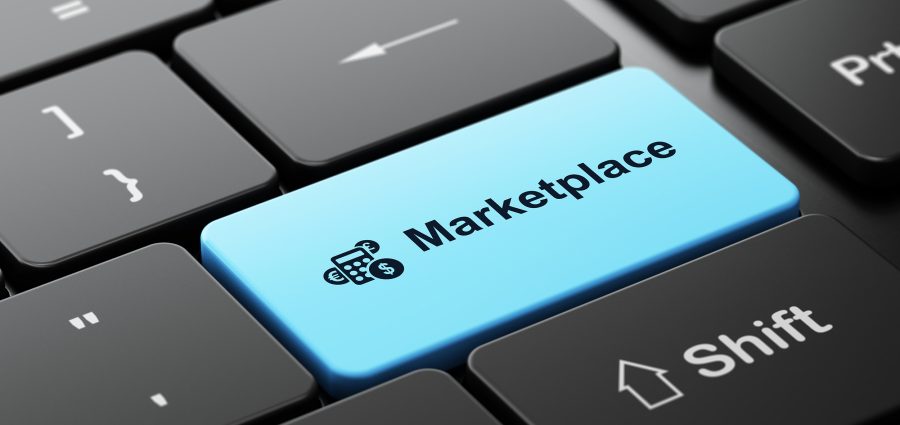B2B buyers are increasingly tapping into marketplaces for purchasing; in a Digital Commerce 360 survey, more than a third of B2B respondents said they are doing half their buying through marketplaces. Further, DC360 notes that sales through B2B marketplaces have grown by triple digits in each of the past couple of years.
While access to this growing demand may seem attractive, juggling marketplaces’ distinct sets of shipping and delivery requirements can be tricky.
These include:
- Following shipping and handling instructions and timelines
- Submitting shipment information
- Labeling and packing requirements
- A quick turnaround from order to shipping
- Ensuring total data security
- Promptly processing returns
It’s critical for distributors to get things right. The costs for not adhering to marketplaces’ service-level guarantees can be steep.
For example, distributors may have to repackage freight if the initial packing and labeling aren’t up to standards. In addition to the inconvenience of repackaging, distributors may take on fees to account for shipments that take extra time or effort.
The worst consequence is lost business. Distributors that don’t follow requirements unfortunately put the partnership at risk.
What can distributors do to strengthen their position and ensure their commitment to this channel is a profitable one?
Build Smart Partnerships
Over the next few years, marketplaces will capture nearly 60% of all global eCommerce sales, according to Ascential. According to the same report, third-party sales through marketplaces are the largest and fastest-growing channel globally.
Marketplaces can provide distributors with increased exposure, enhanced brand recognition and greater sales.
But not all marketplace relationships are equal. If it’s not the right fit, let it sit. Distributors’ partnerships with marketplaces may be short-lived if performance standards are not met. In the same way, distributors should also make sure a marketplace aligns with their business goals, capacity and overall company mission.
Prioritize Compliance
Selling to large marketplaces will require different processes than those you use for other types of customers. Given the costs of not adhering to their guidelines, it’s in distributors’ best interests to make compliance a top priority.
Experts recommend hiring a part- or full-time team member who is responsible for compliance with details such as packaging, labeling and shipping – and making sure that you are not doing less or even more than you need to meet those platform requirements. Compliance may also require new software or the ability to integrate with other platforms.
Build a Strong Technology Infrastructure
Many marketplaces have their own digital platforms for managing orders. Distributors must use these platforms — either in addition to or integrated with their existing order management system.
This is why distributors need a modern cloud technology infrastructure. Without it, distributors may have difficulties connecting their eCommerce and enterprise resource planning (ERP) systems to these outside platforms.
A strong digital foundation also makes it possible for distributors to see into the supply chain to get notified of product shortages, delays and other supply chain issues.
Here’s an example of how the right technology can support this channel:
A big challenge that distributors face with marketplaces is the proliferation of smaller and often more diverse orders than through traditional channels. That’s costly if not managed well, thanks to increased labor costs, freight charges, packaging costs, decreased productivity, hands-on paperwork for each shipment and more. Small, frequent orders – such as those that come from marketplaces – also tend to tie up cash.
The right technology can break down order sales-channel silos to view orders in one place. It can also improve pick-and-pack processes to improve efficiency and lower costs at the warehouse level. Integrating with shipping carriers for shipping rates, labels and tracking in one centralized location can also speed processing and reduce errors.
The Final Word
Selling to the manufacturing plant down the street is very different from selling through a global marketplace platform. Relying on a robust technology platform combined with a dedicated team and improved processes will improve productivity, reduce your workload and ensure your marketplace relationships drive ROI for years to come.
Related Posts
-
While counter-intuitive, price improvement has a greater positive impact on the bottom line than cost-cutting.…
-
Many distributors struggle with eCommerce despite its benefits. Here, Helen Piña covers the challenges involved,…
-
Global Industrial says the acquisition expands the industrial distributor’s one-to-one sales reach to new customers…






